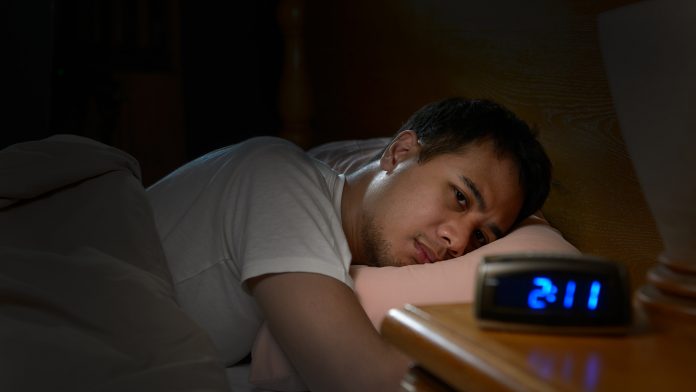
According to research from the Norwegian University of Science and Technology (NTNU), regular exercise could be more effective than medication for treating sleeping problems.
Most people experience some form of sleeping problems in their life. However, 10-20% of the population struggle with more serious long-term sleeping problems.
Typical recommendations for people with sleeping problems include keeping regular sleep hours, avoiding stimulants like caffeine and alcohol, and creating a restful environment.
Medication is common for people with sleeping problems
Many people who suffer from insomnia will eventually look to some form of sleeping aid, such as medication. However, the results from a recent NTNU study of more than 34,000 adults, have suggested that exercise may be the best option for many people who are having trouble sleeping.
“We have observed that people who are in better physical condition have a lower risk of taking prescription sleeping pills,” said Linda Ernstsen, an associate professor at NTNU’s Department of Public Health and Nursing.
The recent study results have now been published in Mayo Clinic Proceedings.
The researchers analysed data from Norway’s large Trøndelag Health Survey (The HUNT study). A total of 240,000 people from Trondheim participated in the survey, which began in 1984. So far, four survey rounds have been completed since the study’s inception.
The survey allowed the researchers to track how people’s health evolves over many years. They linked the HUNT data to information from the Norwegian Prescription Database. Participants in the third HUNT study (2006-08) were followed until 1 January 2018.
“Almost 5,800 of the participants received their first prescription sleep medication during the study period,” said Ernstsen.
The benefits of regular exercise
This shows that approximately 17% of the participants’ sleeping problems were serious enough to warrant a prescription for medication from their doctor. However, the participants who were in the physical best condition required fewer prescription drugs.
“These findings suggest that being in physically fit can also help you sleep better,” Ernstsen says.
The researchers observed that the benefits of exercise were stronger for men than for women. The findings revealed that the fittest men had a 15% lower risk of needing drugs for sleeping problems.
“The corresponding percentage risk for the fittest women was much lower. But women who struggle with sleep can still benefit from getting in better shape,” said Ernstsen.
The extensive study followed the adult population over a significant period of time, therefore, the researchers concluded that these findings should influence the sleep advice that doctors give patients with sleeping problems.
“Our findings support the idea that improving or maintaining fitness can be an effective alternative for preventing sleep problems,” says Ernstsen.









